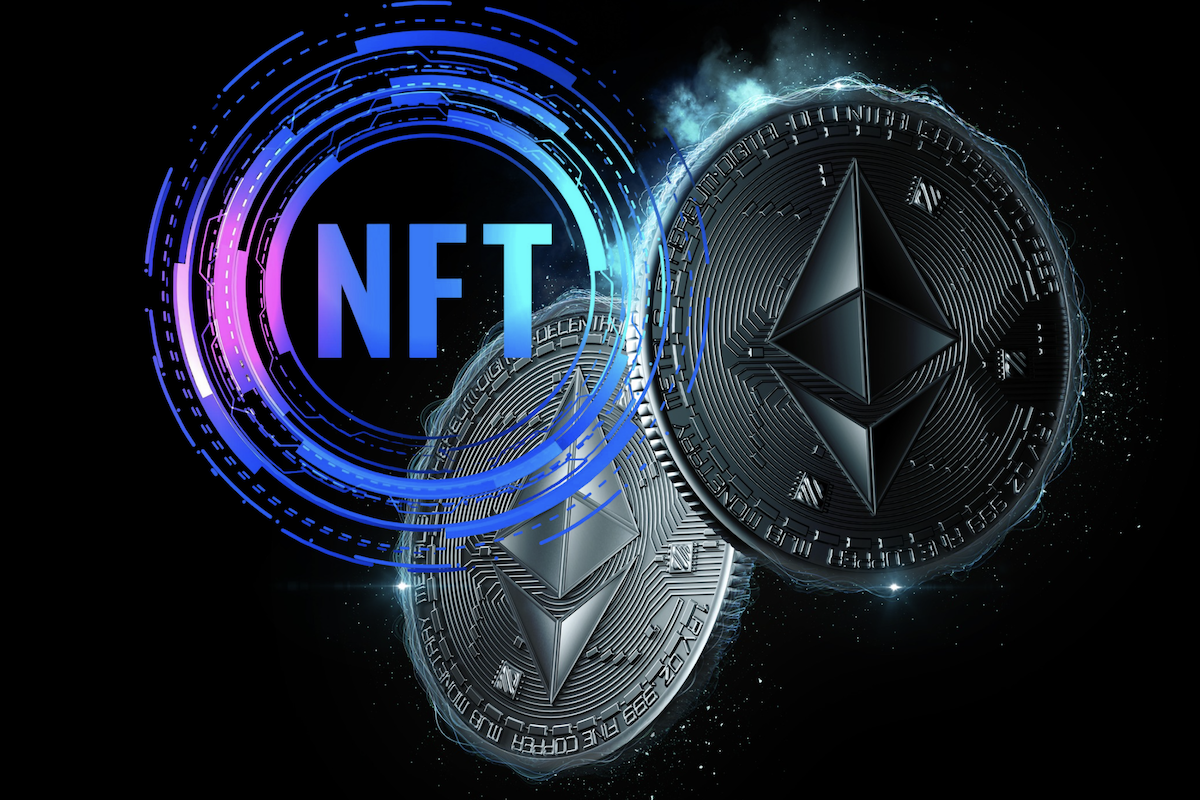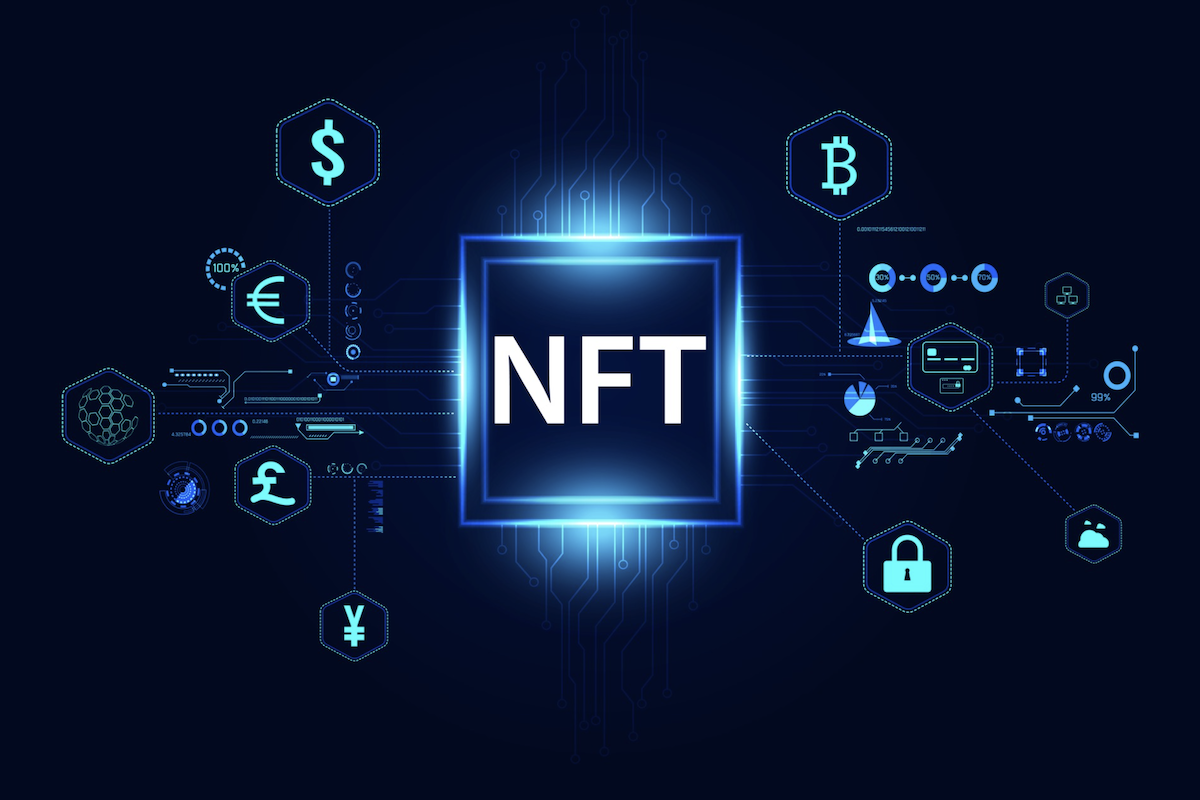Understanding ERC-7231: How This New Standard Is Set To Transform NFT Identities
Explore the benefits of ERC-7231: the game-changing token standard that is driving innovation in the world of NFTs.

With the growing popularity and widespread adoption of non-fungible tokens (NFTs), there is a constant need for innovation and improvement in the underlying technology that powers them. One such advancement is the ERC-7231 token standard, which aims to transform NFTs by introducing new features and capabilities. In this article, we will explore what exactly ERC-7231 is, why it is important, and how it can potentially transform the NFT landscape.
What is ERC-7231?
At its core, ERC-7231 is an extension of the widely used ERC-721 token standard. For those unfamiliar with ERC standards, they are a set of rules and guidelines for creating fungible and non-fungible tokens on the Ethereum blockchain. ERC-721, also known as the Non-Fungible Token (NFT) standard, has been widely adopted and serves as the foundation for most NFTs in existence today.
However, ERC-7231 takes things a step further by introducing the concept of identity binding. This means that multiple Web2 (traditional internet accounts) and Web3 (blockchain-based) identities can now be securely linked to a single NFT. This is particularly powerful when used with Soulbound Tokens (SBTs), a type of non-transferable NFTs that are often used to represent things like reputation, credentials, or achievements.
Why is ERC-7231 Important?
Now that we have a basic understanding of what ERC-7231 is, let's explore why it matters in the world of NFTs.
True Digital Identity
With ERC-7231, imagine a single NFT that holds verified information from your Twitter, LinkedIn, Discord, and your on-chain wallet. This allows for more robust and trustworthy representations of a person's online identity. It also paves the way for greater interoperability between different platforms, as users no longer need to manage multiple accounts and identities.
Portable Reputation
SBTs with ERC-7231 allow for the portability of important information such as professional certifications, gaming achievements, or community contributions across different platforms. This means that your hard-earned credentials and accomplishments can now be easily carried over to new projects and communities, without the need to constantly prove yourself again.

User-Controlled Data
Unlike many Web2 models where user data is often collected and used without their control, ERC-7231 puts users in charge of what identity information is attached to their NFT and how it can potentially be used. This gives individuals more ownership over their personal data, a concept that aligns with the decentralized and user-centric nature of the blockchain.
Unlocking New Possibilities
The possibilities for using ERC-7231 are endless and go beyond just NFTs. Some potential use cases include targeted airdrops to holders of specific SBTs, permissioned access to Web3 platforms based on verifiable credentials held as SBTs, and even the potential to improve credit scoring models by incorporating verifiable on-chain activity and reputation.
Who Created ERC-7231?
The driving force behind ERC-7231 is CARV, a Web3 data infrastructure company. Their goal is to create a more secure, trustworthy, and user-controlled online identity system that leverages blockchain technology. With the rise of cyber-attacks and data breaches, ERC-7231 offers a much-needed solution to safeguard personal information.
After being finalized, ERC-7231 is now gaining adoption within the Web3 space. As more projects and communities recognize the benefits of this standard, we can expect to see an increase in its usage and potential for innovation.
Conclusion
ERC-7231 is an exciting development in the world of NFTs that has the potential to transform how we think about digital identity and user data. By linking multiple identities to a single NFT, it offers a secure, portable, and user-controlled solution for managing personal information. As more projects adopt this standard, we can only imagine the endless possibilities and potential for growth in the NFT space.
Featured Image: Depositphotos





